How to Start an Import-Export Business in the UK (2025 Guide)
Starting an import-export business in the UK? Learn about licenses, EORI Number registration, setup costs, and 2025 regulations in this complete guide to trade legally and profitably.
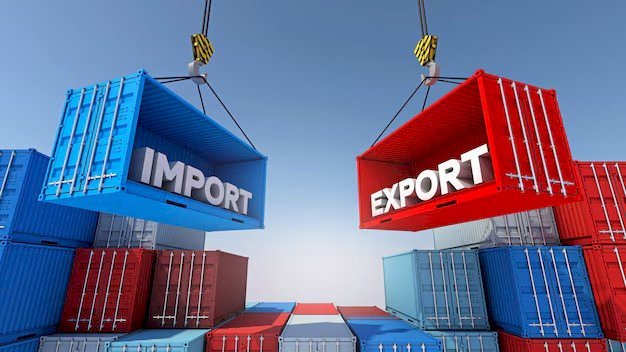
The UK is a global trading hub with total trade in goods and services exceeding £1.3 trillion in 2024. From importing microchips for electric vehicles to exporting pharmaceuticals and whisky, opportunities for an import export business UK are immense. However, many new entrepreneurs entering the import and export business UK fail because they overlook legal registrations, customs compliance, and realistic cost planning. This guide explains how to start an import export business in UK, covering licenses, costs, current regulations, and market trends to help you build a compliant and profitable import export UK trade business in 2025.
Why Start an Import-Export Business in the UK?
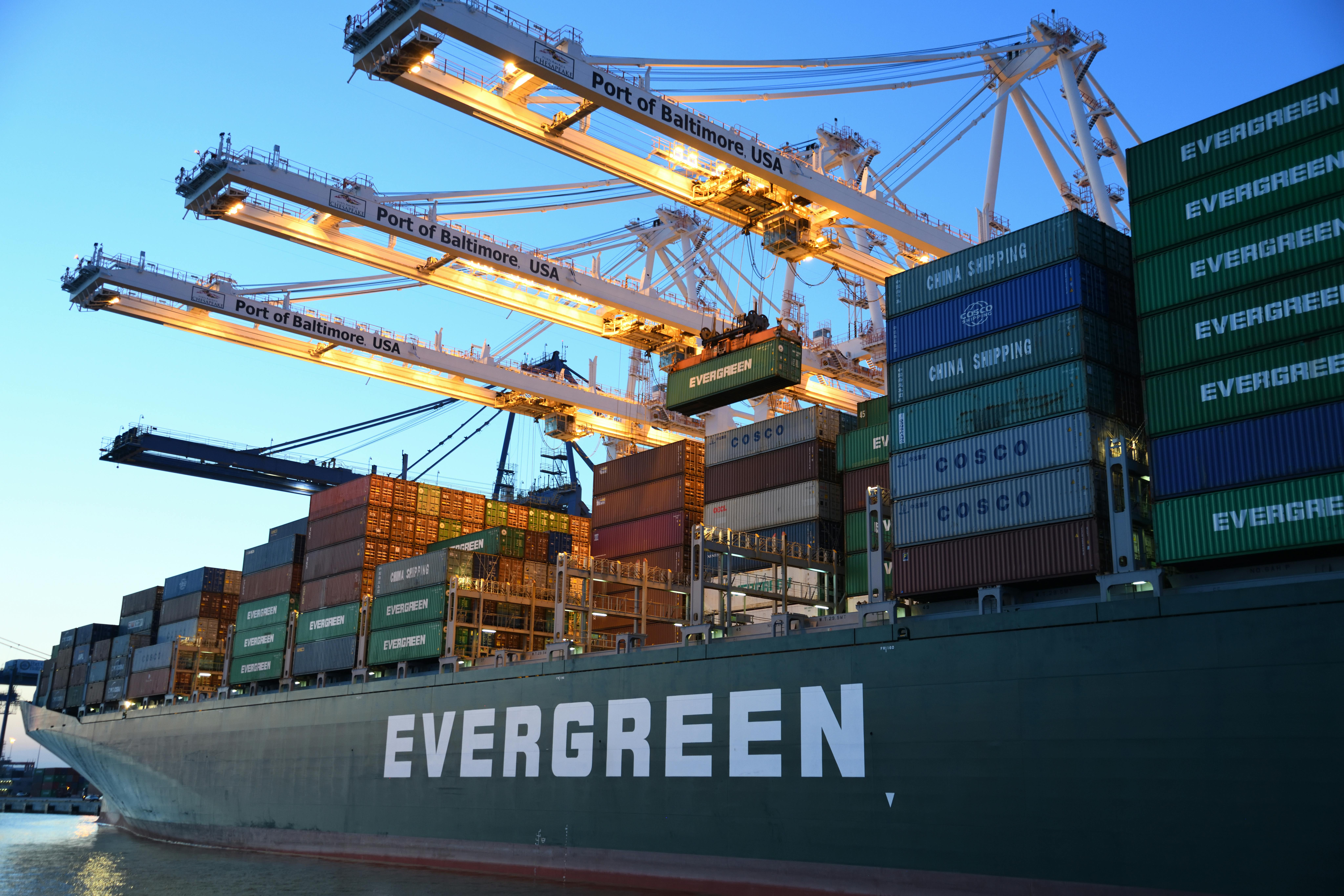
Image source: pexels.com
The UK is one of the best places to start an import export business due to its strong infrastructure, supportive trade agreements, and global connectivity. Whether you aim to focus on export business opportunities or build an import business UK, the market potential is vast.
The UK offers a strong domestic market with high demand for imported products such as electronics, clothing, food items, chemicals, and automotive parts. For example, electronics and machinery accounted for over £100 billion of imports in 2024. On the export side, pharmaceuticals, cars, machinery, and beverages remain top performers, showing the UK's reputation for high-quality manufacturing and strict compliance standards.
Post-Brexit trade agreements have opened new opportunities. Deals with Australia and Japan removed many tariffs, while joining the CPTPP in 2023 gave UK businesses easier access to Asia-Pacific markets. Combined with the UK’s advanced ports, airports, and digital customs systems, starting import export business in the UK has never been more feasible.
Key Steps to Start Your Import-Export Business
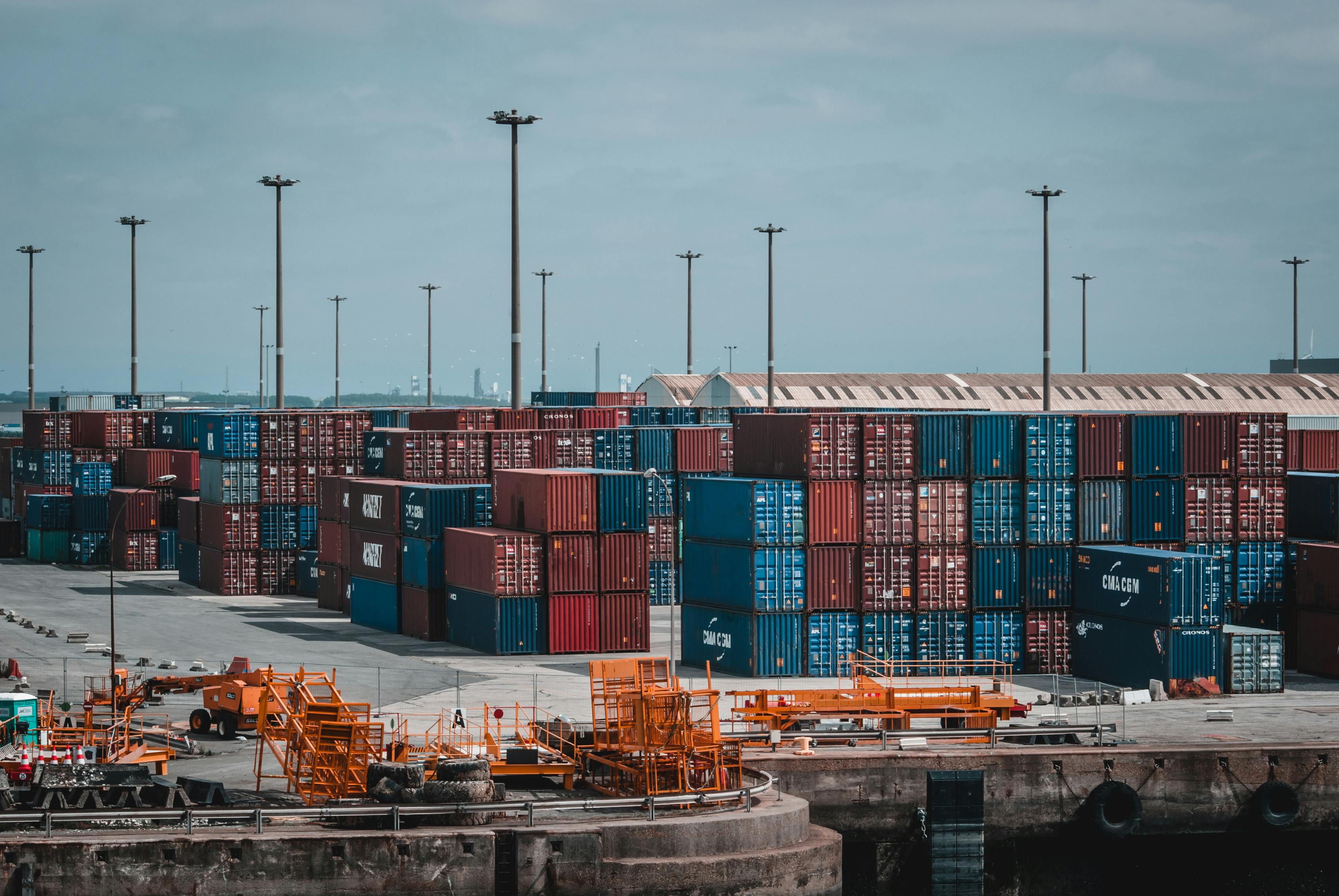
Image source: pexels.com
If you’re wondering how to start an import export business, how to start export business in UK, or even how to start import export business online, your journey begins with choosing the right products to trade. Your choice should consider profit margins after taxes and shipping, market demand trends, and regulatory complexity. In 2025, sustainable textiles and smart home devices remain popular imports, while pharmaceuticals, processed food, and renewable energy components are strong export categories.
Conducting detailed market research is crucial. Using UK Trade Info and ONS data helps you understand import volumes, pricing trends, competitor positioning, and customer expectations. This insight will guide you in how to start a business import export that fills genuine market gaps.
Your business plan should outline your goals, product sourcing details, target export markets, marketing approach, and financial forecasts. It is also essential to calculate the minimum investment for import export business based on startup costs, licensing fees, marketing expenses, and working capital needs. Planning for exchange rate fluctuations, especially if you deal in USD or EUR, is vital for long-term profitability when you start an import export business.
Legal Requirements and Registrations

Image source: pexels.com
You need to register your business as either a sole trader or a limited company. Sole trader registration is simple and free with HMRC but carries full personal liability. Registering as a limited company costs £12 online and provides limited liability, which can build credibility with overseas suppliers and buyers.
One of the most critical legal requirements is obtaining an import export license UK for certain goods. In some cases, you will also need a specific import licence UK or export permit depending on the type of products you trade. If you’re wondering how to get import export license in UK, the process typically starts with applying through government portals and checking requirements for your product category. An import and export license UK ensures you can trade legally while avoiding customs issues.
Obtaining an EORI Number is also essential. This Economic Operator Registration and Identification number is mandatory for importing or exporting goods. Applications are free through HMRC and usually processed within three working days. Without it, your goods will not clear customs, leading to delays and storage charges.
If your taxable turnover exceeds £90,000, you must register for VAT. Even if below the threshold, voluntary registration helps reclaim import VAT and builds trust with suppliers and customers.
Depending on your products, you may need additional documentation. For example, food and agricultural items often require DEFRA health certificates, chemicals and pharmaceuticals need approval from HSE or MHRA, and military or dual-use goods require an export license from the Export Control Joint Unit. You should apply for import license UK requirements through the official government website, check the import license UK price if applicable, and understand the import export license cost UK to budget effectively. Using the government’s online checker for an import export licence ensures you meet all compliance rules.
Costs of Starting an Import-Export Business

Image source: pexels.com
Starting costs vary depending on your products, suppliers, and trade scale. The minimum investment for import export business can range widely, but understanding your import export license requirements early on will help you budget more accurately and avoid unexpected compliance expenses. If you’re aiming for the best import business in UK, your initial spend should reflect the quality and competitiveness needed to stand out in your chosen market.
Below are approximate costs you should plan for:
-
Company registration: £12 if registering as a limited company online
-
EORI registration: Free via HMRC
-
Import/export licenses: £0–£350 depending on product type and category
-
Product sourcing: £1,000–£20,000+ based on order size and supplier terms
-
Shipping and logistics setup: £500–£2,500 for initial freight agreements and setup
-
Customs broker fees: £30–£100 per shipment, useful for smooth compliance
-
Website and branding: £500–£3,000 to build a professional online presence
-
Marketing and promotion: £500–£5,000 for initial campaigns to attract buyers
-
Insurance: £250–£1,200 annually for liability and marine cargo cover
Typically, setting up a small import-export business costs between £3,500 and £10,000+, depending on the products you trade and the volume you handle. Careful planning and realistic cost forecasting will ensure your budget covers both operational needs and compliance costs from day one.
Read Also: How to Start a Successful Digital Marketing Agency from Scratch in 2025
How to Import Goods into the UK

Image source: pexels.com
Many new entrepreneurs start by asking what is import export business and how does import export business work before they commit to trade. If you’re looking specifically at how to import and export goods, understanding both UK regulations and international trade rules is essential. Whether you aim to run a full-scale importer business or a small-scale importing business, the process begins with careful supplier selection and compliance preparation.
To import goods, start by finding reliable suppliers. Platforms such as Alibaba, Global Sources, and EUROPAGES can help you connect with verified manufacturers and distributors. Always verify supplier credibility through references, certifications, and, if possible, third-party audits. Requesting product samples before committing to a large order reduces the risk of quality issues.
Negotiating contract terms is crucial to avoid hidden costs. Agree on Incoterms, such as FOB (Free on Board), CIF (Cost, Insurance and Freight), or DDP (Delivered Duty Paid), to define responsibilities for shipping, insurance, and customs clearance. Clarify payment terms, delivery timelines, and penalties for delays to protect your interests.
Choose your shipping method based on product type and budget. Sea freight is the most cost-effective option for large volumes but typically takes four to six weeks from Asia. Air freight is faster, often taking three to ten days, but costs more. Courier services like DHL are best suited for small parcels with simplified customs processes. Working with an experienced freight forwarder ensures smooth logistics and customs declarations.
When your goods arrive in the UK, submit import declarations through the Customs Declaration Service, pay applicable import VAT and customs duties, and keep all records organised for HMRC compliance and potential audits.
How to Export Goods from the UK
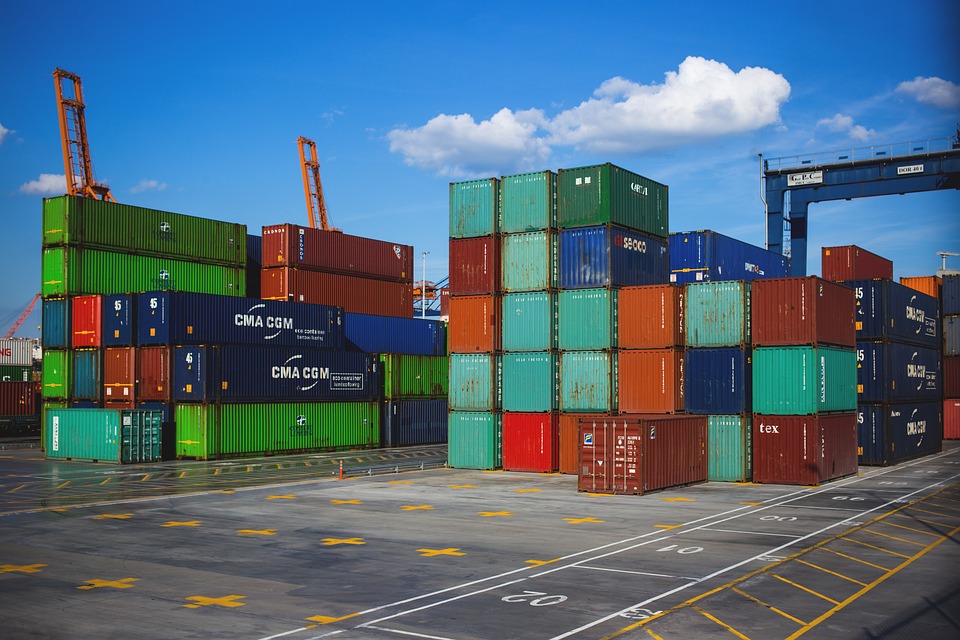
Image source: pixabay.com
Exporting requires understanding market regulations and buyer expectations in your target countries. Resources like the Department for Business and Trade’s market guides help identify demand, standards, and potential barriers.
Depending on your product, you may need to register with specific export authorities. Food exporters must register with the Food Standards Agency, while pharmaceutical exporters need approval from the MHRA. Compliance with packaging, labelling, and safety standards is critical to prevent rejection at borders.
Prepare export documentation carefully. This includes a commercial invoice, packing list, export declaration via CDS, certificate of origin if needed, and any product-specific certificates such as phytosanitary or halal certifications.
Partnering with freight forwarders experienced in your export destinations reduces risks and ensures regulatory compliance. Always insure your cargo for its full value to protect against damage or loss during transit.
Current Trends in UK Import-Export (2025)

Image source: pixabay.com
Digitisation continues to transform trade processes, and UK import export businesses are at the forefront of this shift. HMRC’s CDS system now fully replaces CHIEF for customs declarations, making electronic filings mandatory. Sustainability remains a growing focus, with strong demand for carbon-neutral and eco-friendly products in food, textiles, and technology sectors.
Many UK businesses are adopting nearshoring strategies, sourcing from EU or Eastern Europe to reduce shipping delays and supply chain risks highlighted during COVID-19 and recent geopolitical events. Trade finance solutions are also expanding, with platforms like Tradewind Finance and HSBC Trade Solutions offering invoice financing and supplier payment support to improve SME cash flow.
Common Mistakes to Avoid
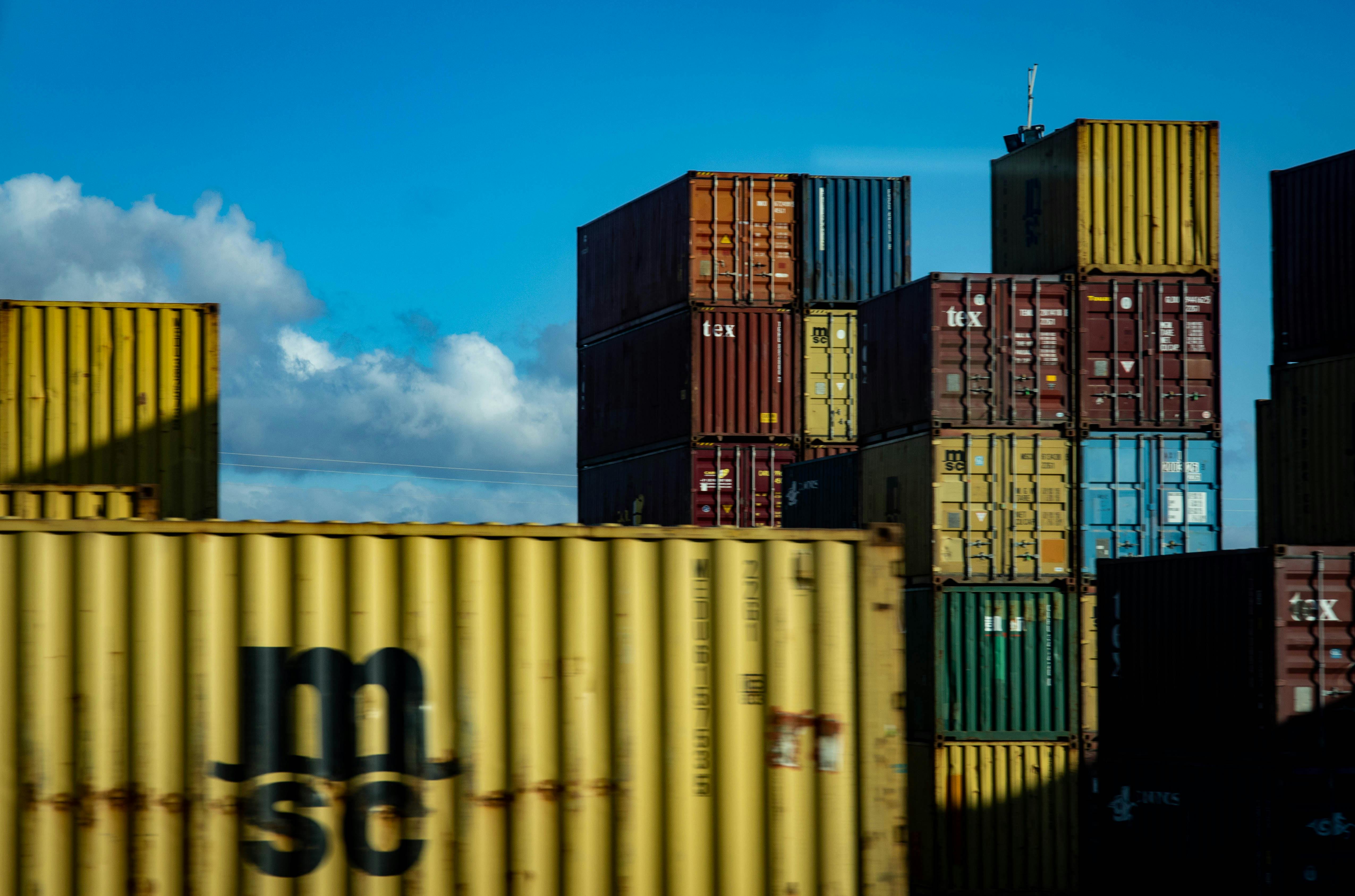
Image source: pexels.com
Trading without an EORI number is a common mistake that leads to customs delays and storage fees. Failing to include customs duties and taxes in your pricing can reduce profit margins unexpectedly. Poor supplier verification increases the risk of scams or receiving substandard products. Misunderstanding Incoterms often results in unexpected liabilities or disputes over responsibilities. Additionally, underestimating shipping times can harm your reputation if customer deliveries are delayed.
Read Also: How to Buy a Window Cleaning Business in the UK: A Complete Guide
Tips for Success

Image source: pexels.com
Building strong relationships with reliable suppliers, buyers, and logistics partners is essential. Staying updated on regulatory changes through HMRC and Department for Business and Trade newsletters helps you remain compliant. Diversifying your products and target markets minimises risks from market fluctuations. Trade credit insurance protects against buyer payment failures. Using customs brokers or trade compliance software streamlines documentation and reduces administrative burdens.
Conclusion
Starting an import export business UK is profitable thanks to strong domestic demand, advanced logistics, and expanded trade agreements. Whether you’re aiming to scale internationally or simply exploring how to get into import export business, success depends on understanding legal requirements, realistic financial planning, and building reliable supply chains. Registering for an EORI Number is a basic but essential step to ensure smooth customs clearance. With the right preparation and clear strategy, you can confidently grow your trade operations in 2025 and beyond.
FAQs
Do I need an EORI number if I import only once?
Yes, any import or export activity requires an EORI number for customs clearance.
How long does EORI registration take?
Typically, it is processed within three working days through HMRC’s online system.
Can I import food products without a license?
No, most food products require health and hygiene certifications to comply with UK regulations.
What are Incoterms?
Incoterms are international terms that define buyer and seller responsibilities for shipping, insurance, and customs.
Do I need VAT registration for exporting?
VAT registration is not mandatory if your turnover is below £90,000, but it allows you to reclaim VAT on business expenses and increases business credibility.
How to start import export business in UK?
Begin by selecting your products, registering your business, obtaining an EORI Number, and checking licensing requirements. Conduct thorough market research to identify demand and establish reliable supplier and buyer networks.
Do I always need an import/export license?
Not for all goods. However, certain products—such as food, chemicals, and military equipment—require specific licenses from the relevant UK authorities.
What’s the fastest way to start trading?
Start small with high-demand, low-regulation products. Use established freight forwarders and customs brokers to speed up logistics and compliance.

















